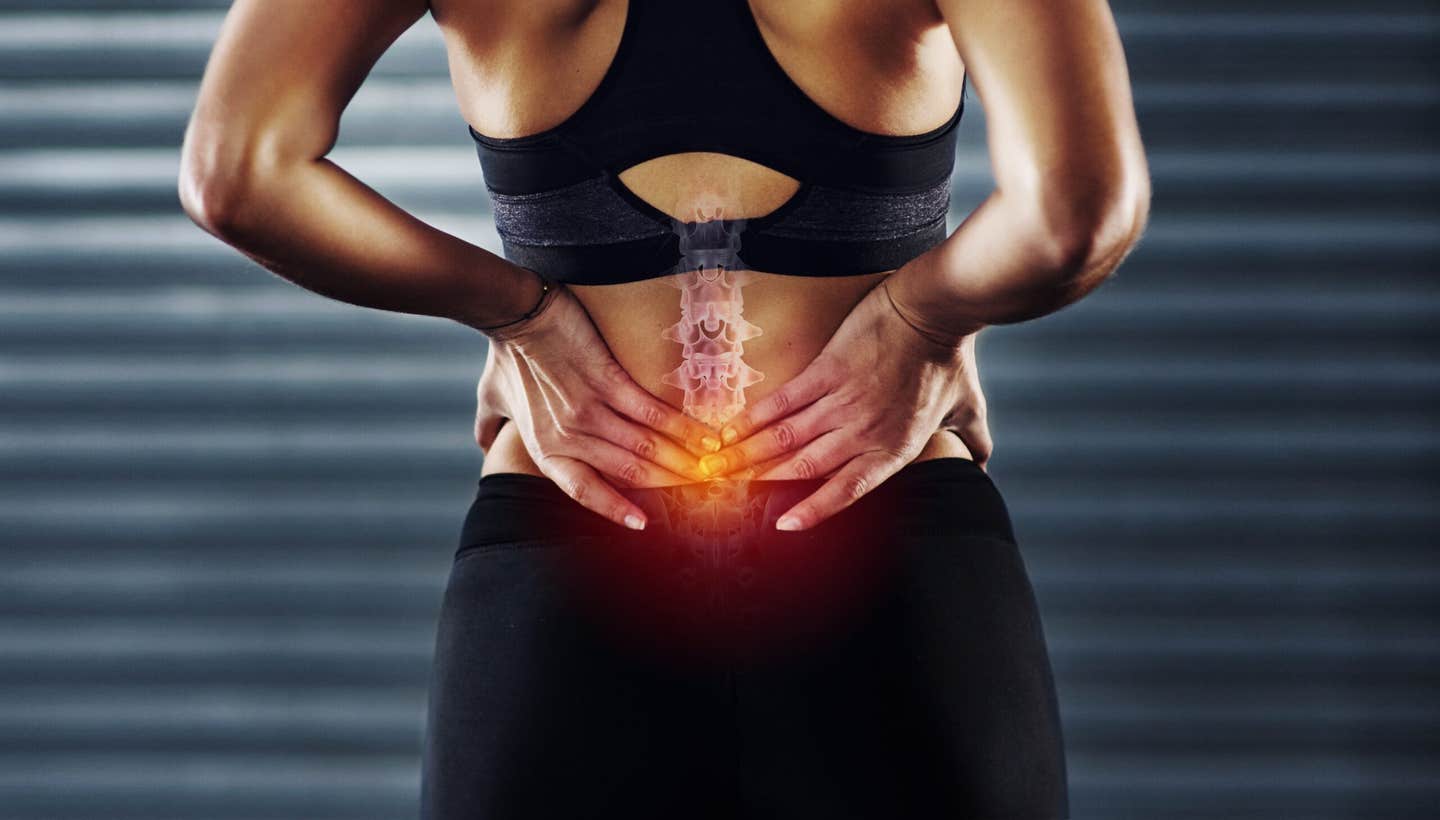Lifechanging studies define alcohol’s effects on heart health
About one-third of new AFib diagnoses are related to alcohol use, and recurrence is common in habitual binge drinkers

Around the holidays, opportunities for celebration – often accompanied by heavy drinking – occur during a brief period.(CREDIT: CC BY-SA 3.0)
Two new studies involving rodents (mice and rats) reveal insights into how alcohol impacts the heart. The first study looks into why binge drinking might cause irregular heartbeats and explores a potential preventative measure.
The second study examines the negative effects of alcohol on heart function in women undergoing estrogen replacement therapy. These preliminary findings were presented at the American Heart Association’s Basic Cardiovascular Sciences Scientific Sessions 2024, held in Chicago.
In the first study, researchers focused on the phenomenon known as holiday heart syndrome, which often occurs after heavy drinking during festive periods. Dr. Saugat Khanal, the lead author and a post-doctoral scholar at The Ohio State University College of Medicine, explains, “Around the holidays, opportunities for celebration – often accompanied by heavy drinking – occur during a brief period. Unfortunately, this sometimes sends revelers, even those with no previous heart condition, to the hospital with a racing or abnormally beating heart.”
The study aimed to understand the mechanism behind alcohol-induced arrhythmia and find a way to prevent it. Binge drinking, defined as consuming five drinks within two hours for men and four for women, can lead to serious arrhythmias like atrial fibrillation (AFib). AFib is a common irregular heart rhythm that increases the risk of stroke and heart failure.
According to Khanal, “About one-third of new AFib diagnoses are related to alcohol use, and recurrence is common in habitual binge drinkers. This connection is so well-known that medical professionals call it holiday heart syndrome.”
Previous research indicated that binge-drinking-related arrhythmias are caused by elevated levels of a stress-induced protein called JNK2, which leads to mishandling of calcium in heart cells, resulting in irregular heartbeats. The new study suggests that the molecule Alda-1 might prevent JNK2 activation, thereby reducing the risk of AFib.
Related Stories
In this study, over 70% of mice given alcohol to simulate binge drinking developed AFib, compared to none of those treated with Alda-1. Alcohol exposure doubled JNK2 activity levels, increasing AFib susceptibility, but both JNK2 activity and calcium handling remained normal in the mice treated with Alda-1.
Khanal notes, “Abstinence from alcohol can prevent most alcohol-associated AFib risks. Unfortunately, binge drinking continues to rise across all age groups. Our findings suggest that developing new drugs, including Alda-1 and other JNK2-specific inhibitors, may be an effective anti-AFib strategy for people with holiday heart syndrome.”
The study, however, has limitations. Using a mouse model to replicate human holiday heart syndrome may not fully capture the complexities of binge drinking in humans. Khanal adds, “Studies using larger animals will be a future direction to translate our exciting findings into clinical applications.”
The mice in the study were divided into three groups: those mimicking holiday heart syndrome with alcohol doses, those receiving alcohol and Alda-1, and controls receiving saline or Alda-1 without alcohol. Results were measured 24 hours after the last alcohol exposure through electrophysiological studies, calcium imaging, and biochemical assays. The findings showed that Alda-1 could effectively mitigate the harmful effects of binge drinking on heart rhythm.
In the second study, researchers investigated the effects of alcohol on heart function in menopausal rats receiving estrogen replacement therapy. Estrogen generally helps protect against heart disease by keeping blood vessels open and flexible, resulting in fewer heart attacks and strokes in premenopausal women. However, alcohol exposure worsens cardiovascular function more in women than in men, particularly in those with high estrogen levels.
The study involved female rats with removed ovaries to simulate menopause. These rats were given a liquid diet containing 5% ethanol to mimic regular alcohol exposure. Some received estrogen replacement, while others did not.
The findings indicated that menopausal rats treated with both estrogen and alcohol experienced both positive (lower weight gain and fat mass) and negative (higher blood pressure and heart rate) changes in heart health measures. They also showed a reduction in the heart’s ejection fraction, a crucial measure of the heart’s ability to pump oxygen-rich blood, along with increased oxidative stress and ferroptosis, a type of cell death caused by excess iron.
Dr. Syed Anees Ahmed, the lead author and a postdoctoral researcher at the Brody School of Medicine at East Carolina University, stated, “It was surprising to see the significant impact estrogen had on alcohol-induced heart dysfunction, despite its known cardioprotective effects. Premenopausal and menopausal women taking hormone replacement therapy should be cautious about alcohol consumption because it may be a factor in heart dysfunction.”
The study's limitations include its short duration and the use of an animal model, which may not fully represent the long-term impact of estrogen and regular alcohol consumption in menopausal women as they age.
For optimal cardiovascular health, the American Heart Association recommends moderation in alcohol consumption. If you don’t drink already, it’s best not to start. If you do drink, discuss the benefits and risks with your doctor. Certain people should avoid alcohol altogether, such as pregnant women, people under 21, and those with specific health conditions.
The Association advises against drinking wine or other forms of alcohol for health benefits. Instead, focus on lowering cholesterol, controlling high blood pressure, managing weight, getting enough physical activity and sleep, avoiding tobacco, and following a healthy diet as outlined in the Association’s Life’s Essential 8 recommendations.
These studies highlight the complex relationship between alcohol consumption and heart health, emphasizing the need for further research to fully understand and address these issues.
Note: Materials provided above by The Brighter Side of News. Content may be edited for style and length.
Like these kind of feel good stories? Get The Brighter Side of News' newsletter.



